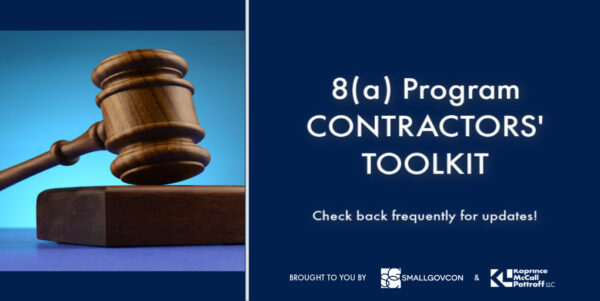The U.S. Small Business Administration (SBA) runs four socioeconomic programs aimed at providing equal opportunity to participate in federal contracting. And one would think that all of them have similar options if a contractor is denied certification. One would be wrong. SBA’s Office of Hearings and Appeals (OHA) recently dismissed an appeal for lack of jurisdiction, showcasing the different options in the various programs. The contractor was decertified from the Women Owned Small Business Program (WOSB). Its owners ran afoul of an important distinction in OHA’s appeals jurisdiction, particularly the substantial difference between appealing a competitor’s protest of a contractor’s SBA certification and the government’s initial denial of a program certification. This provides an excellent opportunity to assess the regulatory differences in appellate jurisdiction between the four programs, with an eye toward successfully navigating future encounters with the OHA.
Editor’s Note: Special thanks to our law clerk Will Orlowski for his immense help in drafting this post.
Continue reading
